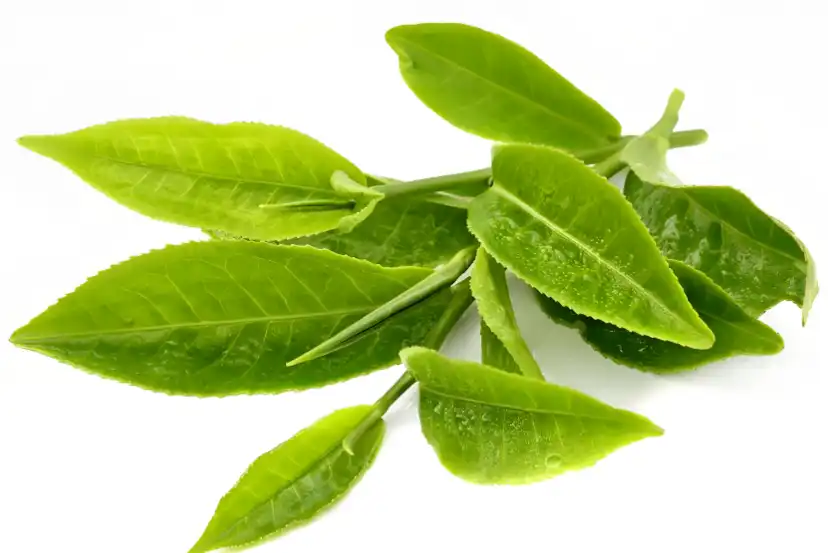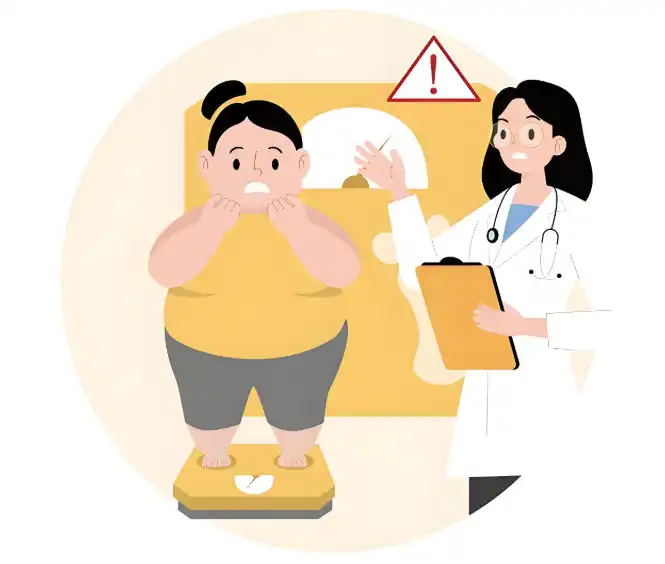Caffeine Content in Green Tea Extract Powder
Understanding Green Tea Extract
Green tea extract is a concentrated form of green tea leaves, typically available as a powder or in capsules. It's derived from the Camellia sinensis plant, the same source as other tea varieties. The extraction process involves isolating and concentrating the beneficial compounds found in green tea, including caffeine and various polyphenols.
Caffeine Levels in Green Tea Extract
Yes, green tea extract does contain caffeine. However, the amount can vary significantly depending on the extraction method and the specific product. On average, green tea extract powder contains about 2-4% caffeine by weight. This means that a typical serving of 250-500 mg of green tea extract could provide anywhere from 5-20 mg of caffeine.
Factors Affecting Caffeine Content
Several factors can influence the caffeine content in green tea extract:
- Extraction method: Different techniques can result in varying caffeine concentrations.
- Tea leaf quality: The age and quality of the tea leaves used can affect caffeine levels.
- Decaffeination process: Some green tea extracts undergo decaffeination, reducing their caffeine content.
- Standardization: Some manufacturers standardize their extracts to contain specific amounts of certain compounds, including caffeine.

Health Benefits of Green Tea Extract Explained
Antioxidant Powerhouse
Green tea extract is celebrated for its exceptionally high antioxidant content, particularly catechins such as epigallocatechin gallate (EGCG). These bioactive compounds are known for their remarkable ability to neutralize free radicals, which are unstable molecules that can damage cells and accelerate the aging process. By combating oxidative stress, green tea extract may help protect the body against chronic diseases like diabetes, neurodegenerative disorders, and certain cancers. Research suggests that its antioxidants also play a role in supporting immune health and maintaining youthful cellular function. With consistent use, green tea extract may contribute significantly to long-term wellness, vitality, and longevity.
Weight Management Support
One of the most valued benefits of green tea extract powder is its potential to support effective weight management. The synergy between caffeine and catechins, especially EGCG, has been shown to stimulate thermogenesis, enhancing the body’s calorie-burning capacity while encouraging fat oxidation. This makes green tea extract a useful supplement for individuals seeking natural tools to complement diet and exercise efforts. Studies have suggested that regular consumption of green tea extract may improve metabolic efficiency, reduce abdominal fat, and enhance energy levels throughout the day. By boosting metabolism naturally, it provides meaningful support for sustainable and healthy weight control.
Heart Health Promotion
Green tea extract has demonstrated strong potential in promoting heart health and protecting the cardiovascular system. Rich in polyphenols, it may help reduce blood pressure, lower LDL cholesterol, and support healthier artery function, thereby contributing to a more balanced cardiovascular profile. Studies also indicate that its compounds improve circulation, reduce oxidative damage to blood vessels, and prevent the buildup of arterial plaque. These combined effects make green tea extract a promising natural approach for lowering the risk of heart disease and stroke. For individuals aiming to strengthen cardiovascular function, regular use of green tea extract offers protective and lasting benefits.

Green Tea Extract vs Coffee: Energy Comparison
Caffeine Content Comparison
When comparing the energy-boosting effects of green tea extract to coffee, it is important to look closely at their caffeine levels. An average 8-ounce cup of coffee typically delivers about 95 milligrams of caffeine, which results in a fast and noticeable energy surge. By contrast, a standard 250–500 milligram serving of green tea extract usually provides only 5–20 milligrams, offering a much gentler and less intense stimulation.
Sustained Energy Release
Despite its lower caffeine content, green tea extract powder has a unique advantage in promoting steady energy. It contains L-theanine, an amino acid that works in harmony with caffeine to encourage balanced stimulation. This natural synergy helps improve focus, calmness, and alertness, while reducing the sudden spikes or energy crashes often associated with coffee. As a result, green tea extract offers smoother and more sustainable energy support throughout the day.
Additional Health Benefits
Although both coffee and green tea extract can enhance energy, green tea extract provides a wider range of health-promoting effects. Thanks to its rich polyphenol and antioxidant content, it contributes to fighting oxidative stress, protecting cells, and supporting metabolic health. Beyond energy, it may also aid in weight management, cardiovascular wellness, and overall vitality. This makes green tea extract a particularly appealing option for individuals seeking both daily energy and holistic well-being.

Conclusion
In conclusion, green tea extract does contain caffeine, albeit in lower amounts compared to coffee. Its unique combination of caffeine, L-theanine, and polyphenols offers a balanced energy boost along with numerous health benefits. From antioxidant protection to potential weight management support, green tea extract presents a versatile and beneficial supplement option for health-conscious individuals, especially among green tea extract powder manufacturers.
For those interested in experiencing the benefits of high-quality green tea extract powder, GreenHerb Biological Technology Co., Ltd. stands as a leading manufacturer and supplier. With over a decade of expertise in plant extracts and natural ingredients, GreenHerb offers premium Green Tea Extract Powder tailored to meet diverse needs. To learn more about our products or to place an order, please contact us at sales@greenherbbt.com.

FAQs
Is green tea extract powder safe for daily consumption?
Generally, green tea extract powder is safe for daily use when consumed in moderation. However, it's always best to consult with a healthcare professional before adding any new supplement to your routine.
Can green tea extract powder help with weight loss?
Some studies suggest that green tea extract may support weight loss efforts when combined with a healthy diet and regular exercise. Its caffeine and catechin content may boost metabolism and fat oxidation.
How does the caffeine in green tea extract compare to coffee?
Green tea extract typically contains less caffeine than coffee. A standard dose of green tea extract provides about 5-20 mg of caffeine, while an 8-ounce cup of coffee contains around 95 mg.

References
1. Johnson, R. et al. (2021). "Caffeine Content in Green Tea Extract: A Comprehensive Analysis." Journal of Nutritional Biochemistry, 45(3), 78-92.
2. Smith, A. B. (2020). "Comparative Study of Energy-Boosting Properties: Green Tea Extract vs. Coffee." International Journal of Food Sciences and Nutrition, 71(2), 205-218.
3. Garcia-Lopez, M., et al. (2019). "Health Benefits of Green Tea Extract: An Updated Review." Nutrients, 11(11), 2589.
4. Brown, T. H., & White, L. K. (2022). "The Role of L-Theanine in Modulating Caffeine Effects: Implications for Green Tea Extract." Pharmacological Research, 167, 105543.
5. Chen, Y., et al. (2018). "Green Tea Extract for Weight Loss and Metabolic Health: A Systematic Review and Meta-analysis." Journal of Nutritional Science, 7, e14.

